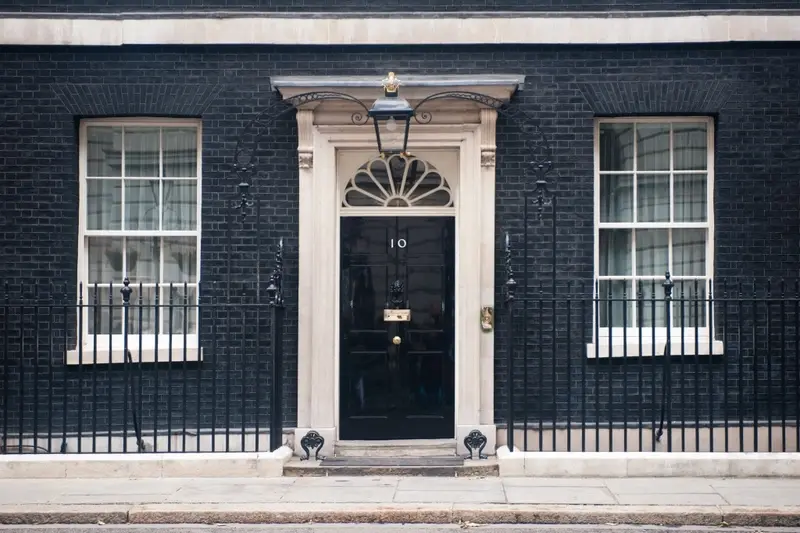
The appointment of Liz Truss as the new UK prime minister failed to drive a recovery in the country’s stock market as investors fretted over the negative impact of high energy prices on consumers and businesses.
The FTSE 250, which is a better representation of UK domestic companies than the more overseas-focused FTSE 100, traded 1.3% lower ahead of confirmation that Truss would become the new Conservative Party leader and prime minister. Once the news came out, markets were generally unmoved.
The pound nudged 0.2% higher to $1.1498 ahead of the news and maintained this level thereafter. However, the currency’s performance must be judged on a longer-term basis with the pound having fallen by nearly 8% versus the dollar over the past three months.
This slump illustrates how the market is growing increasingly concerned about the prospects for the UK economy in the near-term as the energy price crisis takes its grip.
The new prime minister said her plan is to cut taxes and grow the economy, but the finer details have yet to be released.
Truss is expected to outline her plans on Thursday 8 September for dealing with the energy crisis, with both households and businesses hoping they will get some relief. Based on the current trajectory of expected energy prices, many businesses fear they will go bust and households are already struggling to pay high bills given the rising cost of living.
Some of the biggest fallers on the UK stock market today included Wizz Air (WIZZ) and TUI (TUI), perhaps reflecting investor fears that high fuel costs will be passed on to passengers in the form of higher ticket prices which in turn may prove to be too much to stomach for a lot of people.
Should Truss decide to freeze energy bills, this might trigger some relief in retail stocks, a sector which has suffered this year amid fears that earnings would disappoint as households curb their spending.
For example, £7.7 billion fashion seller Next (NXT) has seen its share price decline by 27% so far this year, while Joules (JOUL:AIM) is down nearly 87% year-to-date. We may not see any further large share price movements in this sector until Truss lays out her plans later this week.
Other sectors to watch once Truss gives her strategy speech include energy-intensive industries such as manufacturers and construction. Oil, gas and renewable energy companies will be watched by investors given that Truss said she would deal with both parts of the energy crisis, referring to bills and the UK’s long-term energy supply.




